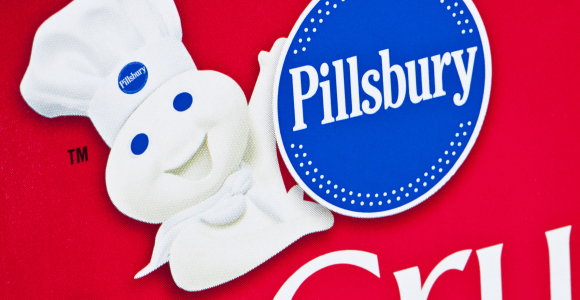We may know more about nutrition now than at any other time in history, but people seem to be eating worse than ever. The CDC reports that nearly 36 percent of the adult population in America is obese, leaving citizens more vulnerable to diabetes, cardiovascular disease, and cancer. Medical costs average more than $1,400 per year for obese individuals compared to those at a healthy weight--and thanks to childhood obesity, members of today's younger generation are expected to have shorter life spans than their parents.
Along with physical inactivity, poor diet is mainly to blame for this health crisis. Instead of eating the whole, natural foods that humans evolved to thrive on, modern folks eat large portions of processed, refined foods that are high in calories but low in nutrition. Because we ultimately choose what we feed our bodies, it's easy to blame lack of willpower for the obesity epidemic. But do we mere mortals even stand a chance against the well-funded, marketing-savvy food industry?
The Addiction Factor
To be fair, food makers never set out to make America obese. They simply did what successful companies do: sell products. In the process, however, they tapped into the three factors that make taste buds go crazy (but also contribute to obesity): salt, sugar and fat. Because these vital nutrients were scarce for our hunter-gatherer ancestors, we're programmed to crave them--indeed, these substances trigger reward responses in our brains, causing the release of opiate-like endorphins. Once you get hooked, it's hard to turn back--especially when grocery store shelves are stocked to the brim with foods that send us to an addictive "bliss point."
While food manufacturers reaped the financial rewards of selling these tempting-but-unhealthy products, nutrition took the back burner. In a conference on obesity and the food industry, former General Mills chairman Stephen Sanger once reportedly stated, "Don't talk to me about nutrition. Talk to me about taste, and if this stuff tastes better, don't run around trying to sell stuff that doesn't taste good."
Misleading Marketing
Even if the food industry didn't initially understand the health implications of churning out one junk-food item after another, they do to this day take major efforts to keep us buying more. This often entails deceptive labeling: for example, "all-natural" foods are often spiked with sodium and high-fructose corn syrup, while breads marked "made with whole grains" are typically laden with refined white flour.
Even worse, children are common advertising targets for obesity-spurring fare. The General Mills product Go-Gurt, for example, comes in boxes emblazoned with Disney characters, SpongeBob and other cartoon favorites. Go-Gurt is marketed as a healthy snack for kids even though it contains 10 grams of sugar in each 64-gram serving--that's more sugar than in 100 grams of cola.
Hope for the Future
Despite the grim outlook, some food manufacturers are initiating efforts to push healthier products. The first-ever Access to Nutrition Index, published in March 2013, revealed that Danone, Unilever and Nestle are all making strides toward healthier products and more helpful labeling. While the study concluded that all major food manufacturers could be doing more to help heal the world's obesity woes, at least a few brands are headed in the right direction--and the more consumers "vote" for healthier foods with their wallets, the more changes are bound to occur.
Nina Kate is a certified fitness nutrition specialist through the National Academy of Sports Medicine (NASM). She also studied journalism at the University of California, Los Angeles (UCLA), and has contributed to numerous major publications as a freelance writer. Nina thrives on sharing nutrition and fitness knowledge to help readers lead healthy, active lives. Visit her wellness blog at BodyFlourish.com.



